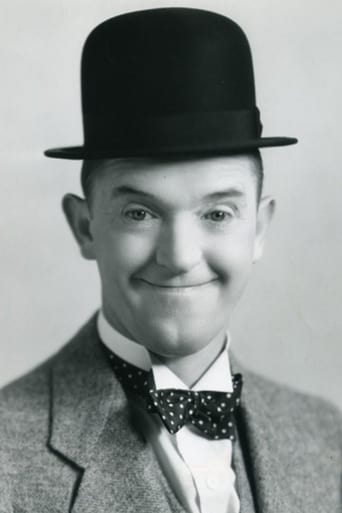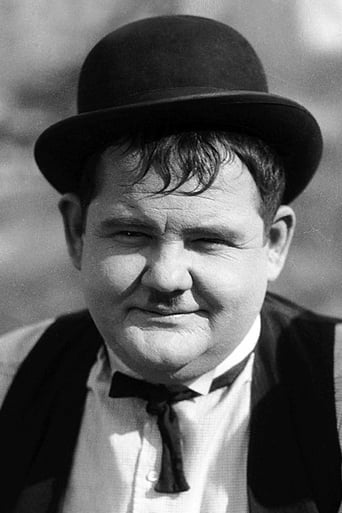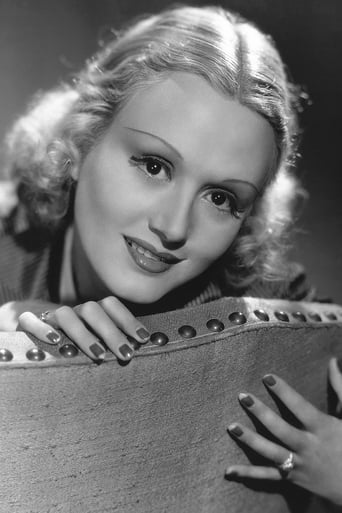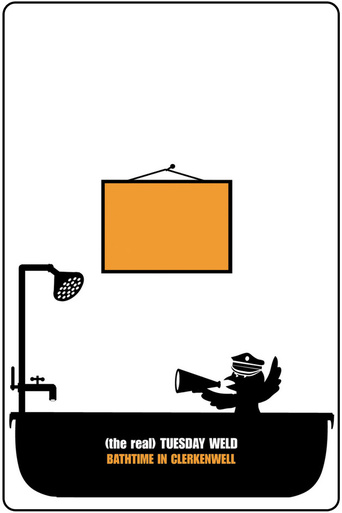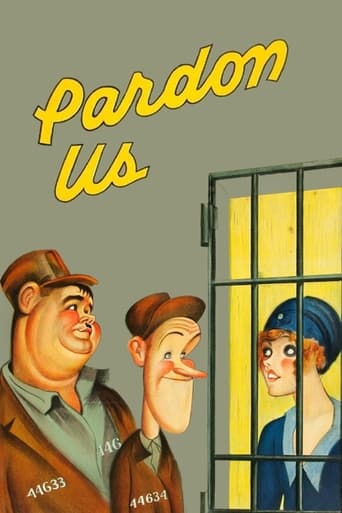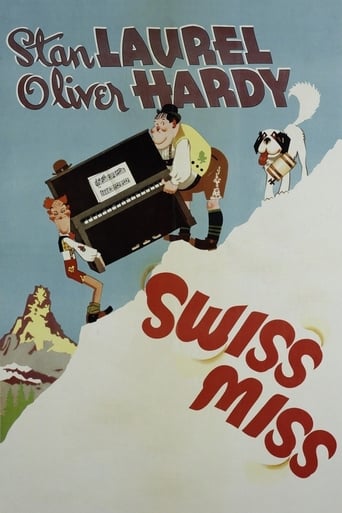
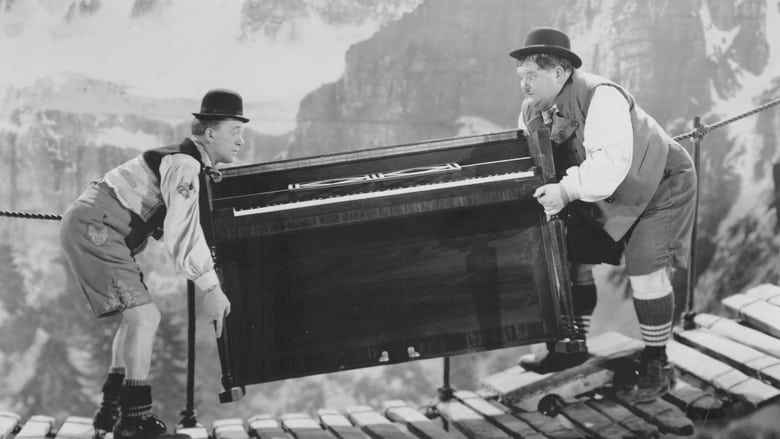
Swiss Miss (1938)
Stan and Ollie are mousetrap salesmen hoping for better business in Switzerland, with Stan's theory that because there is more cheese in Switzerland, there should be more mice.
Watch Trailer
Cast
Similar titles
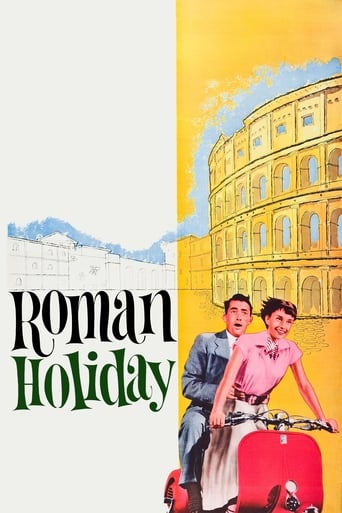
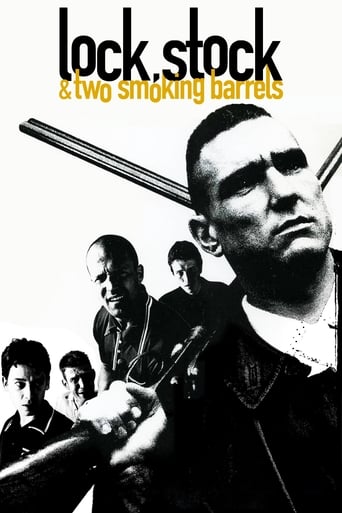
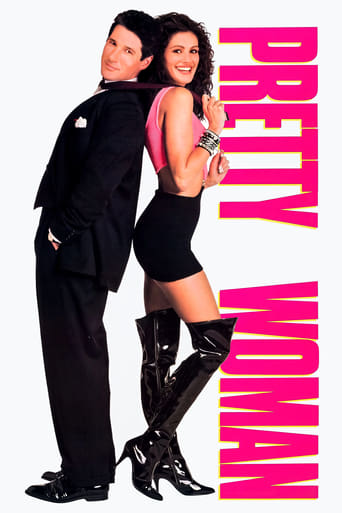
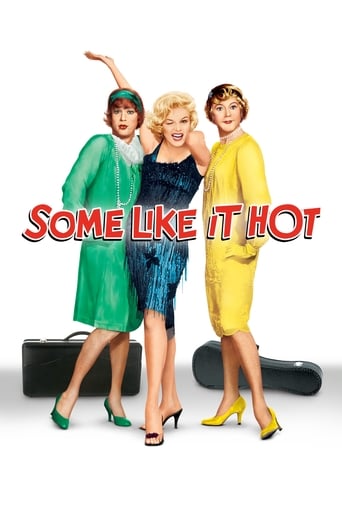

Reviews
This is a must-see and one of the best documentaries - and films - of this year.
By the time the dramatic fireworks start popping off, each one feels earned.
This is a coming of age storyline that you've seen in one form or another for decades. It takes a truly unique voice to make yet another one worth watching.
Watching it is like watching the spectacle of a class clown at their best: you laugh at their jokes, instigate their defiance, and "ooooh" when they get in trouble.
I've watched movies for over 50 years now, and I like to muse over the "why" of movies. This particular one, it seems, was made to give audiences yet another opportunity to see these two funny men in funny situations. Much like the Martin and Lewis movies that came a bit later. The story and other characters are not important.Stan Laurel plays Stan Laurel and Oliver Hardy plays Oliver Hardy. This adventure has them going to the Swiss Alps to sell mousetraps. I suppose it has to do with the legend that mice like cheese, and there is lots of Swiss cheese there.The movie has many of the usual clichés of the time. We see the inside of a shop and there is a large wedge of Swiss cheese prominently displayed. There is the St Bernard dog with the small cask of brandy hanging from its neck. More puzzling is the gorilla.This movie contains the famous scene of Laurel and Hardy hired to move a piano. It involves crossing a very droopy and seemingly unsafe suspension bridge across a mountain ravine thousands of feet deep. The gorilla shows up to make the crossing more perilous.Nothing but a fluff of a story, but a good reminder of what 1930s cinema was all about. The run time is listed as 72 minutes but on the TCM channel today it was closer to 64 minutes.
First, if someone is going to do a Tirolean operetta and go to the Tirolean Alps to do so, Switzerland is not the place to be. The Tirol is in western and southwestern Austria and in northern Italy (the Austrian Tirol was split after World War I). The part of Austria that is closer to Switzerland is the Voralberg. With a last name of Tyroler, it always helps to keep these things straight.Laurel & Hardy are mousetrap salesmen going to Switzerland to sell mousetraps because there is a lot of cheese in Switzerland and if there's a lot of cheese, there are a lot of mice. Pontrasina, however, is in Switzerland (near St. Moritz), and, no, I'm not a geography teacher...There are some good Laurel & Hardy moments - drilling holes in the floor of a cheese shop so the mice can get in and then plugging the holes so the mice can't escape - which leads to Stan & Ollie being stuck working in a Swiss hotel when they try paying for a large meal with worthless currency. For those who enjoy musical interludes during comedies, this probably works better for you. If you're the kind of person who fast forwards through the musical numbers of, say the Marx Brothers' movies, this is good for pressing the fast forward button on your remote. Somehow, I can't imagine too many people getting excited about "The Cricket Song".There are a couple of really great routines: Stan plotting to get the brandy from a St. Bernhard rescue dog and Stan and Ollie trying to move a piano over a rope bridge to a tree house (home of the rare alpine gorilla)- which can really play on one's fear of heights. There's also a scene where Stan & Ollie are cleaning stairs and soapy water gets into organ pipes.
It's not a total washout among their feature films. It has some very fine moments - among my favorite Ollie serenading Grete Natzler with, "Let me call you Sweetheart" which Stan is playing on a tuba! There is also Stan and the St. Bernard he fools into giving him a bit of his medicinal brandy. There is also the gorilla and the boys and the piano on the swaying bridge. But the film is a wash-out when compared with SONS OF THE DESERT, WAY OUR WEST, or BLOCK-HEADS.It should have been better - it was their last attempt at an operetta format. In fact the plot deals with a composer (Walter Woolf King - "Lasparri" in A NIGHT AT THE OPERA) struggling to compose the score of his next operetta for him and his wife (Ms Natzler). Set in Switzerland, like THE BOHEMIAN GIRL the boys get into fun costumes. They are in the alps because they are mouse trap salesmen in Switzerland (because of it's cheese). They are swindled and owe a huge hotel tab. Ollie has insulted the hotel cook (Adia Kuznetzoff) who is determined to make them pay by forcing them to slave for him as busboy waiters until their bill is paid off. When they try to cheat he forces them to break more plates to replace the figures they wiped out.All this is more than promising, but structurally it is not good. This seems to be the fault of the studio owner, Hal Roach.Roach was aware that Laurel and Hardy were his biggest star attractions, and he knew that the revenue they generated might give him the chance to expand his production company. Roach did get somewhere in the late 1930s with bigger films. He produced the "Topper" films (the first with Cary Grant and Constance Bennett, as well as Roland Young), and also ONE MILLION B.C. with Carole Landis. But Roach's conservative instincts interfered with his plans here. For one thing he could not bring himself to treat Stan and Ollie as a unified bargaining unit. He had their contracts end at different dates, in an irritating attempt to keep them in check. Stan in particular had to be kept under control. So in the late 1930s Roach suggested a "Hardy Family" series with Ollie and Patsy Kelly as husband and wife, and Spanky MacFarlane as their son. It sounds interesting, but it got nowhere (one wonders if it was planned to go anywhere). He also made the feature ZENOBIA in 1939 with Laurel replaced by Harry Langdon (Langdon was working for Roach as a gag writer at the time). The boys retaliated by doing THE FLYING DEUCES with producer Boris Morros - a hint to Roach that he was equally replaceable. It was a message that Roach quickly noted, but probably resented.Secondly there was the issue of being penny wise and pound foolish. Roach kept close watch on film budgets. When Stan and Ollie made the film OUR RELATIONS, Stan was active producer on that film, and he spent money quite freely on it, especially in the sequences set in a nightclub. Compare the really realistic nightclub there with the more spartan ones shown in some of the shorts Roach controlled like BLOTTO. Roach did not care for this at all. So he looked at the script of SWISS MISS and tampered with it.In the original script, apparently, Natzler is having a marital dispute with King which involves their rival egos and his refusal to let her help him with his operetta work. She is ordered to leave. She disguises herself and becomes a maid at the hotel that Stan and Ollie are stuck working their bill off at. Ollie falls for the new maid. But so does the boys' adversary Kuznetzoff, who is furious watching Ollie trying to ingratiate himself with her. He also notes that King is trying to ingratiate himself with the maid (King recognizes Natzler, but is pretending he is in love with the "maid" to make Natzler furious and jealous). So Kuznetzoff tries to get rid of all three of them by putting a bomb in the piano that they have to carry across a swaying rope bridge to King's chalet. This part of the famous sequence was cut out by Roach, trying to cut costs and time. There is a still photo showing Stan arguing about the cut sequence, and it shows him as really angry. He was right to be angry - the sequence is still very funny with that gorilla, but it had moments of Stan and Ollie crashing into the keyboard that were meant to make the audience expect a premature explosion.For a musical it lacks any memorable tunes - unlike WAY OUT WEST with "In the Blue Ridge Mountains of Virginia" and "We're Going to Dixie", or with THE SONS OF THE DESERT with "Honalulu Baby" or THE BOHEMIAN GIRL with "I Dreamt I Dwelt in Marble Halls" (or even unlike the later THE BIG NOISE with "Maizy Doats"!). Instead, King cooks up a little ditty called "The Cricket Song" which has the opening line, "Crick, crick, crick goes the cricket...singing merrily, all day long!" Like the ridiculous conclusion of the Don Ameche biopic on Stephen Foster, wherein everyone hearing the music - supposedly - of "Old Folks At Home" for the first time sing it standing as the film ends, here the entire village is singing this ditty. At least Foster's tune was a great one. I assure you "The Cricket Song" is not!!Little else positive to add except for those few good bits I mentioned - and the brief appearances of the always welcomed Eric Blore (as King's butler). It barely rises above the bulk of the films of the 1940s for MGM and 20TH Century Fox, but enjoy it's best moments without any second thoughts.
This marvellous film neatly sets up a position - that the Swiss Tyrol is the traditional pleasant place of thigh slapping, jolly peasants and picturesque vies. From these images, composer will create his masterpiece. But to get the right mood, the staff at the swank hotel he is staying at must get themselves up in traditional costume - the image is artifice. Into this artificial, romantic world comes the dialectical opposition: Laurel & Hardy, with their arguments and bad luck. Immediately they arrive, the locals are shown to be devious cheats. They are then forced to work as slaves in the hotel to pay off an enormous food bill. All the while the composer is writing his ridiculous score, full of innocent mountain maids and singing crickets. The composer's prima-donna wife arrives and his false vision of innocence is shattered. She wants to play the innocent Swiss miss in his new work but he, rightly, rejects her as too worldly. To get the role, she connives, flirts and manipulates the hotel staff, including L & H. The greatest sequence involves our heroes attempting to get a piano across an Alpine valley rope bridge - the precarious position of artificial human culture within a dangerous natural world is exposed. To add icing to this cake, they are finally attacked on the rope bridge by a gorilla! This gorilla in the Swiss Alps might be something which Luis Bunuel would have enjoyed. In the end, the composer welcomes his wife back and accepts the artificial, anything-but-innocent nature of his art. L & H, the latter of whom has been in love with the wife, are chased away from the village by, of course, the gorilla.
